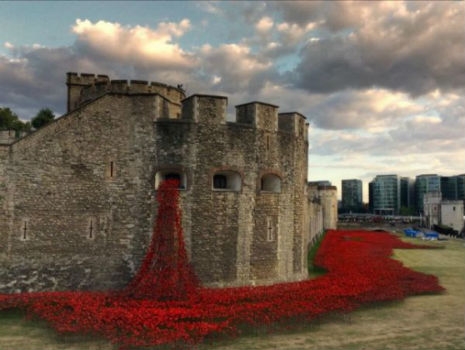
To commemorate the centennial of Britain’s involvement in the First World War, artist Paul Cummins and designer Tom Piper have produced a “staggering” installation of red ceramic poppies in the dry moat of the Tower of London.
The installation is titled “Blood Swept Lands and Seas of Red” and once finished will consist of 888,246 red ceramic poppies—each one representing a British or Colonial fatality during the Great War. The red poppy is the British symbol for Remembrance Day, when the nation give homage to the war dead. Volunteers will plant ceramic flowers each day until November 11th—the day of remembrance.
Remembrance is one thing, but humanity never seems to learn from the experiences of past wars—as can be seen by current events in Gaza. If there is any real sincerity in honoring those who sacrificed their lives, then it is in the cessation of all conflict. But sadly I doubt we are ever going to see that anytime soon.
It would also have been an idea to remember not just the British and Colonial fallen, but all of the (estimated) 37 million casualties (16 million dead and over 20 million wounded) in this horrendous conflict.
The poet Wilfred Owen (1893 - 1918) was a war hero and poet, who best summed up the horror of war with his poem “Dulce et Decorum Est,” which strikes as hard now as it did when first published in 1920.
Dulce et Decorum Est
Bent double, like old beggars under sacks,
Knock-kneed, coughing like hags, we cursed through sludge,
Till on the haunting flares we turned our backs
And towards our distant rest began to trudge.
Men marched asleep. Many had lost their boots
But limped on, blood-shod. All went lame; all blind;
Drunk with fatigue; deaf even to the hoots
Of tired, outstripped Five-Nines that dropped behind.Gas! Gas! Quick, boys!—An ecstasy of fumbling,
Fitting the clumsy helmets just in time;
But someone still was yelling out and stumbling
And flound’ring like a man in fire or lime…
Dim, through the misty panes and thick green light,
As under a green sea, I saw him drowning.In all my dreams, before my helpless sight,
He plunges at me, guttering, choking, drowning.If in some smothering dreams you too could pace
Behind the wagon that we flung him in,
And watch the white eyes writhing in his face,
His hanging face, like a devil’s sick of sin;
If you could hear, at every jolt, the blood
Come gargling from the froth-corrupted lungs,
Obscene as cancer, bitter as the cud
Of vile, incurable sores on innocent tongues,—
My friend, you would not tell with such high zest
To children ardent for some desperate glory,
The old Lie: Dulce et decorum est
Pro patria mori.
The phrase “Dulce et decorum est Pro patria mori” means “How sweet and honourable it is to die for one’s country,” and is taken from a poem by the Roman poet Horace. It was used to encourage the young into the belief it was good to die for one’s country, or fatherland. This “old lie” is still in use today.
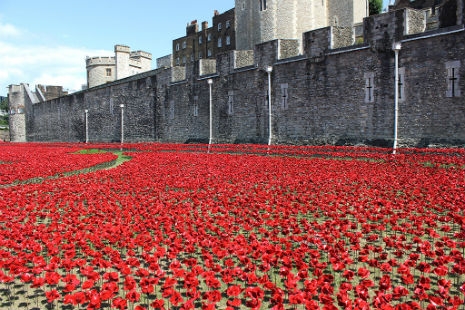
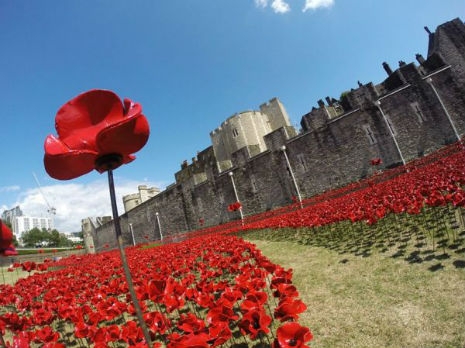
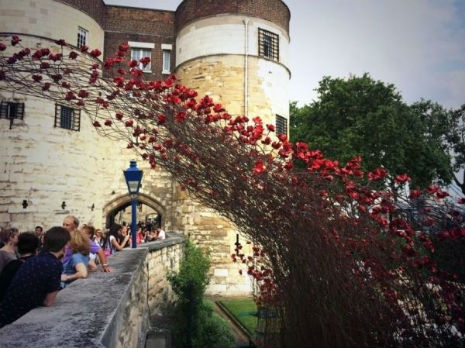
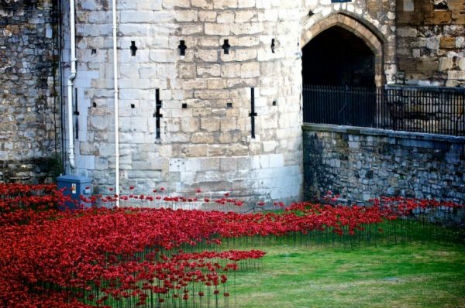
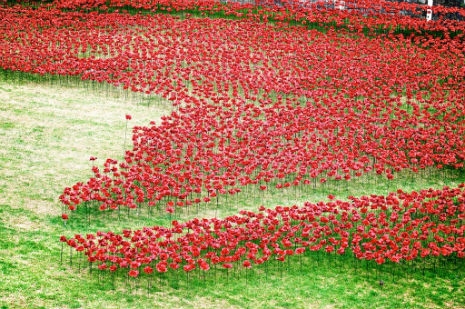
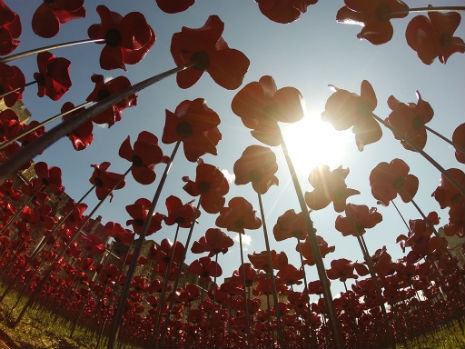
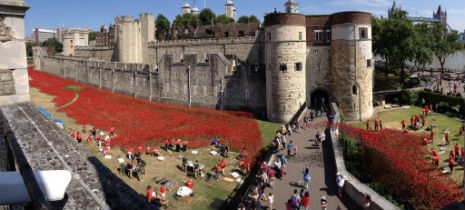
Via Colossal